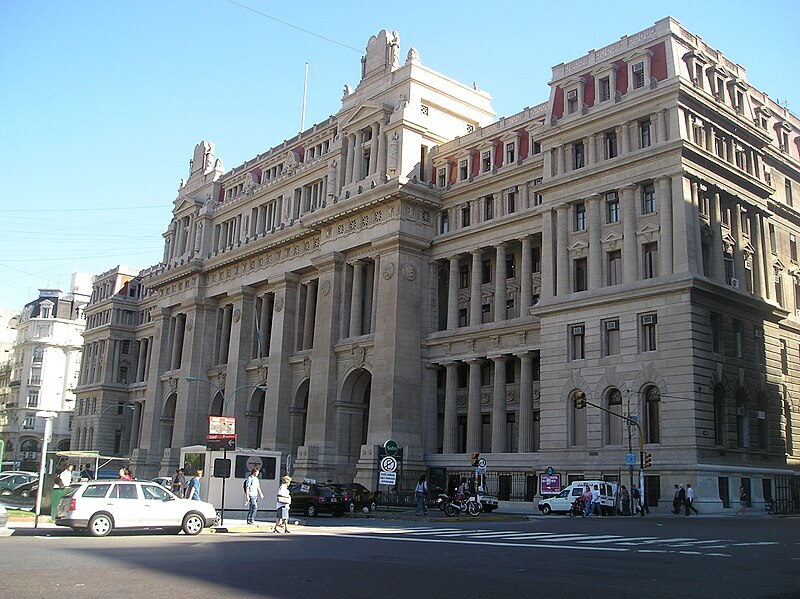In a landmark decision, an Argentine court has issued international arrest warrants for 22 senior Myanmar military officials and three civilians, accusing them of their role in the genocide against the Rohingya minority. Among those named in the warrants are Myanmar’s Commander-in-Chief, Min Aung Hlaing, Deputy Commander-in-Chief Soe Win, and former Western Command head Maung Maung Soe. The charges include genocide, aggravated murder, torture, and sexual abuse.
This ruling, made Thursday, is a result of Argentina’s pursuit of justice under the principle of universal jurisdiction, which allows courts to prosecute crimes against humanity regardless of where they occurred. The case traces back to 2019 when the Burmese Rohingya Organisation UK (BROUK), led by Tun Khin, initiated the investigation. The case also received support from former UN Special Rapporteur Tomás Ojea Quintana, and six female survivors of the 2017 violence in Myanmar provided testimony, detailing the horrific conditions they endured during the military’s brutal crackdown in Rakhine State.
The decision coincides with an earlier request by International Criminal Court (ICC) Prosecutor Karim Khan for Min Aung Hlaing’s arrest. Argentina’s ruling automatically triggers a request for INTERPOL to issue red notices across its 196 member states, potentially paving the way for international detention and extradition.
However, Myanmar’s current political climate presents challenges. Since the 2021 military coup, Myanmar’s junta has intensified its violent repression, with little likelihood that Myanmar’s authorities will comply with the arrest warrants. In Rakhine State, where conflict has reignited, the Rohingya continue to face extreme persecution, exacerbating the ongoing humanitarian crisis.
This decision adds to the growing international legal pressure on Myanmar’s military, complementing ongoing actions at the ICC and International Court of Justice (ICJ). The Gambia’s case at the ICJ remains in progress, with recent filings reinforcing the accusations of genocide against Myanmar.
BROUK has hailed the Argentine court’s decision as a historic step toward justice. Tun Khin emphasized the significance of the ruling, stating, “This is a courageous move toward justice for the Rohingya and all those suffering under Myanmar’s military regime. It sends a clear message that no one is above the law, and those responsible for these atrocities will eventually face trial.”
The Palace of Justice Argentina, site of the Supreme Court by Roblespepe on Wikimedia CC BY-SA 4.0



